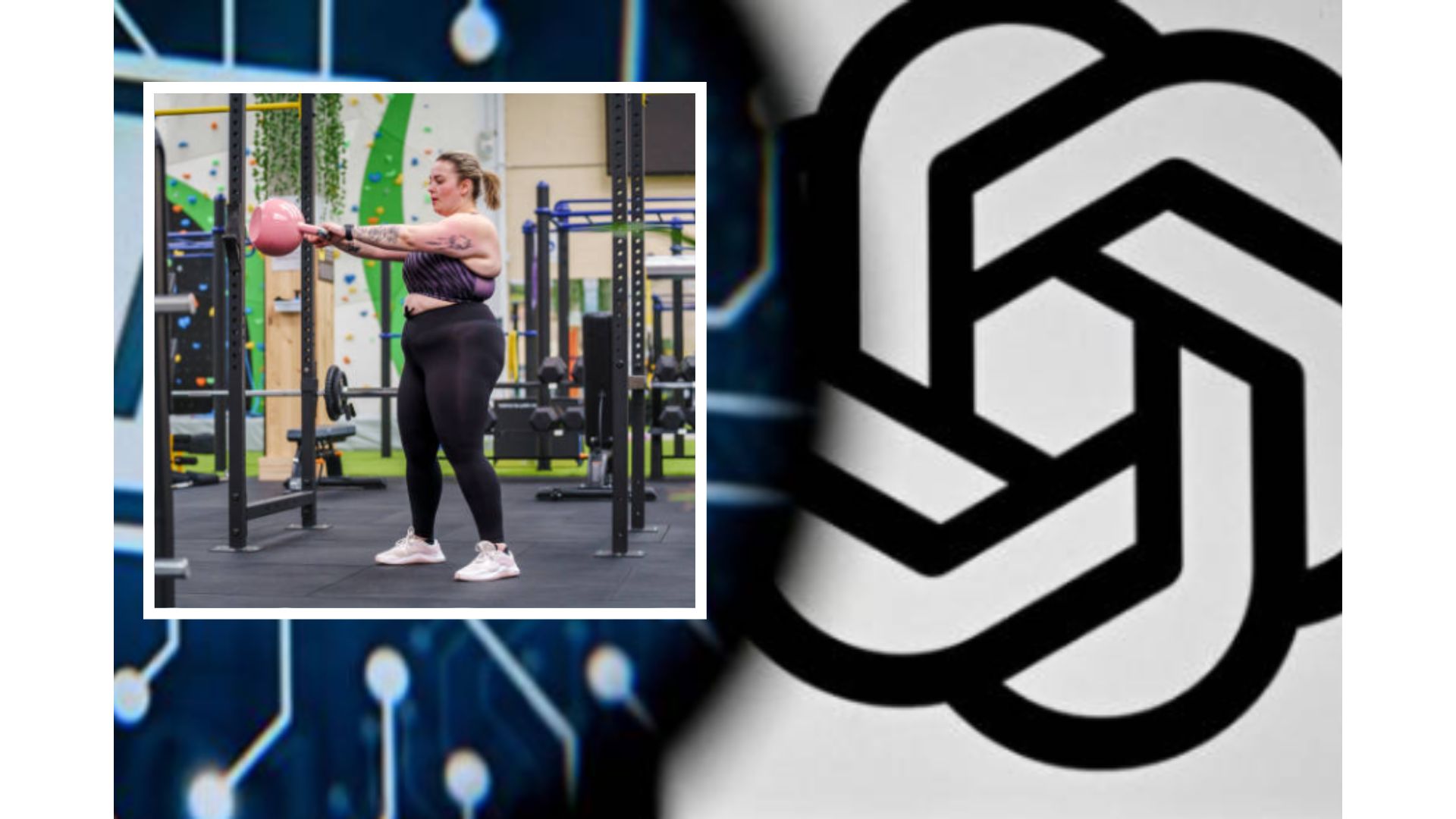OpenAI CEO Sam Altman and Arianna Huffington announced this week a new initiative that promises to use the power of AI to create a personalized health coach that will help people meet their fitness and behavioral health goals.
Thrive AI Health is a collaboration between OpenAI and Huffington’s Thrive Global. The startup will create a bot “trained on the personal biometric, lab, and other medical data you’ve chosen to share with it,” according to an essay penned by Altman and Huffington that ran in Time magazine on Monday.
“Most health recommendations at the moment, though important, are generic,” the essay reads. The duo said the bot will be powered with OpenAI‘s artificial intelligence trained on Thrive’s “behavior change methodology,” which focuses on changing microhabits.
The idea is to create a “hyper personalized” digital health coach that will provide “real-time nudges and recommendations unique to you.”
The project, one of several health-related initiatives being deployed by OpenAI and others in the AI field, could have the effect of further integrating artificial intelligence into people’s daily lives.
Skepticism
Fitness experts, however, say an app or chatbot — no matter how advanced — is unlikely to be enough for most people to make sustainable health changes.
Getty
“Having all of these gadgets that remind us to get up and walk, I think they’re helpful reminders but they’re not always the solution,” Patrick Kelly, the owner of Fitness Reset in Pottstown, Pennsylvania, told Newsweek, though he remained open to its benefits.
“I think it will be good for the fitness industry because it potentially makes things more accessible for people who might not be using it,” Kelly said
Lucas James, a personal trainer based in Scottsdale, Arizona and the founder of LUXE Health Club, agreed that AI can be a tool to help people on their health journeys.
“Once it learns someone, especially too if someone has pre-existing injuries or conditions, that could be beneficial,” James said. “The more data an AI tool has the more it can learn about a specific client.”
James even said he uses AI programs for his clients, who range from pro athletes to doctors and celebrities. But they can’t replace the real thing — at least not yet.
“You’re not going to replace a human,” James said, adding that it would be “really hard” for an AI tool to do a trainer’s biggest job: injury prevention.
Ava Longacre, another personal trainer, added to the skepticism.
“If they don’t have the correct form, that’s what personal training in person or even on Zoom or FaceTime is for,” she said. “It wont be able to watch you and say, ‘hey do you feel this in your back? If you do feel this in your back, I need you to do this instead.'”
Longacre called personal training “very hands on,” particularly for first timers.
“You want to make sure that their form is correct and that they’re not going to hurt themselves,” she said.
Longacre is married to Phillip Diehl, a former major league pitcher for the Colorado Rockies. She noted the ways technology has changed the MLB, like the ability to track how many times a baseball spins from the pitcher’s hand to the catcher’s glove and a tracker that can tell pitchers what muscle groups they need to train.
But it’s still not enough, she said.
“The technology they have now is already insane, but we still differ to his team in multiple different disciplines,” Longacre said. “You can’t really lose that human touch.”
Kelly, the Pennsylvania gym owner, had doubts that AI would be a silver bullet for the health industry, comparing it to the age-old conundrum of people rushing to sign up for gym memberships at the beginning of the year and then failing to regularly go.
He suggested an app or AI bot could serve as a “crutch” that people purchase and then just don’t check into often. Users would almost “feel better because they have a membership.”
“Going the gym makes people feel better, period, whether it’s one time a month or seven times a week,” Kelly said.
“The trainer who you actually set an appointment with and that you’re paying money for can be the motivator.”
How It Works
Thrive AI Health will be trained on the “best peer-reviewed science” and Thrive’s “Microsteps,” or tiny daily acts that “cumulatively lead to healthier habits.”
The bot will also learn users’ preferences and patterns across specific behaviors:
- What conditions allow you to get quality sleep
- Which foods you love and don’t love
- How and when you’re most likely to walk, move and stretch
- The most effective ways you can reduce stress
Using that data, the bot will be able to make real-life specific modifications tailored to each user. Suggestions can range from personalized dinner recipes to recommendations for how much sleep to get.
“The AI health coach will make possible very precise recommendations tailored to each person: swap your third afternoon soda with water and lemon; go on a 10-minute walk with your child after you pick them up from school at 3:15 p.m.; start your wind-down routine at 10 p.m. since you have to get up at 6 a.m. the next morning to make your flight,” according to the editorial.
Uncommon Knowledge
Newsweek is committed to challenging conventional wisdom and finding connections in the search for common ground.
Newsweek is committed to challenging conventional wisdom and finding connections in the search for common ground.

